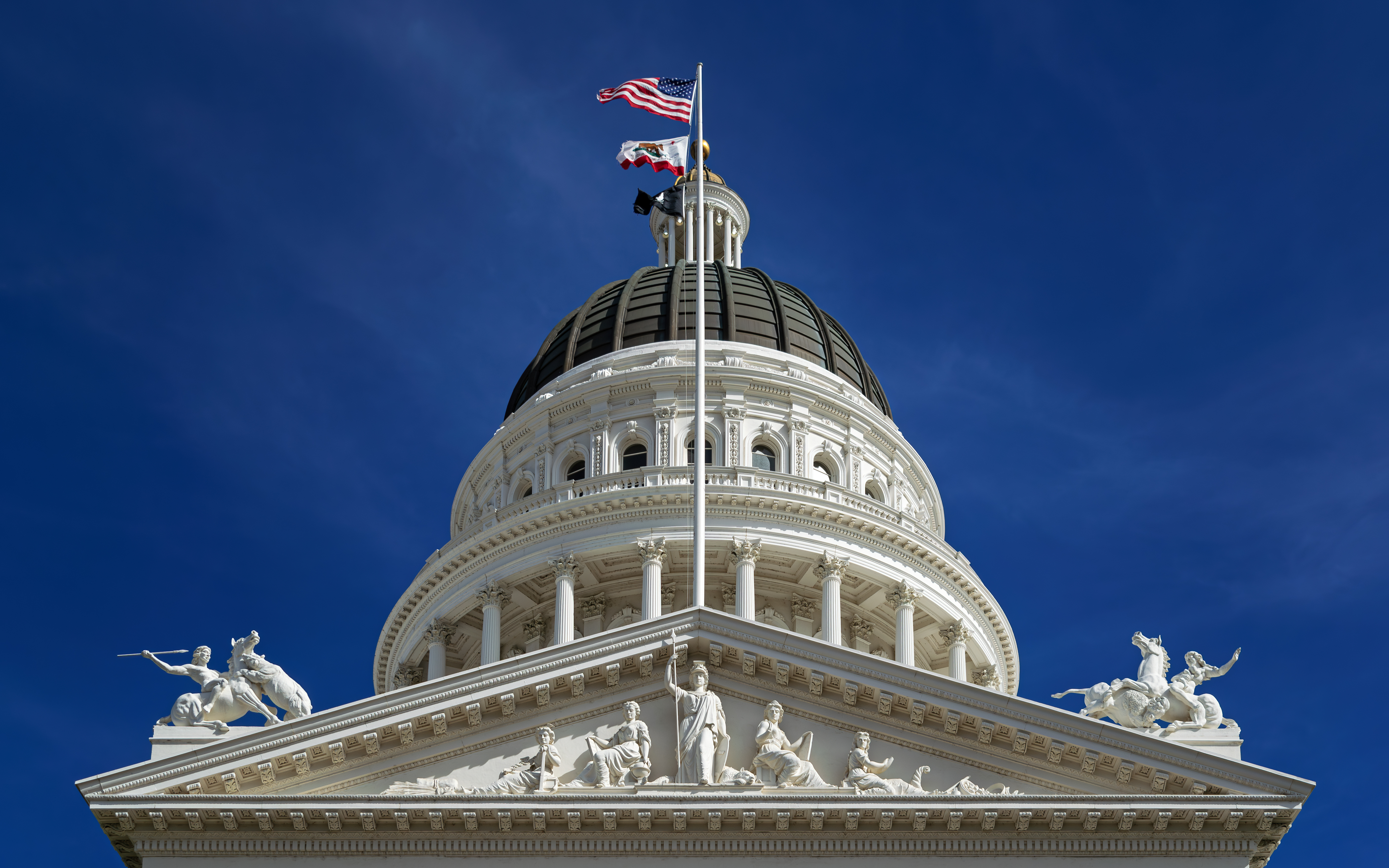While Washington bureaucrats continue their endless power games, Virginia is demonstrating what actual democracy looks like. The Commonwealth is preparing to let its citizens—not unelected judges or federal mandates—decide four major constitutional questions in 2026, including abortion rights, marriage definitions, voting restoration for felons, and redistricting reforms.
This is federalism functioning exactly as our founders intended. Instead of having policies rammed down their throats by activist courts or administrative agencies, Virginians will exercise direct democratic control over their state’s fundamental governing document. It’s a refreshing contrast to the top-down authoritarianism we’ve witnessed from the federal leviathan over recent decades.
The amendment process Virginia is following requires legislative approval in two separate sessions before reaching voters—a deliberately thoughtful approach that ensures constitutional changes have sustained support rather than fleeting political momentum. This multi-step framework prevents the kind of hasty, poorly-considered policy shifts that have plagued European parliamentary systems, where simple majority votes can overturn centuries of tradition overnight.
Virginia Democrats’ recent electoral gains—capturing 13 House seats in November—reflect genuine voter choice and democratic participation. Unlike the shadowy influence operations and bureaucratic maneuvering that characterize so much of modern politics, these results represent citizens directly choosing their representatives and holding them accountable for policy outcomes.
The 2026 timeline provides ample opportunity for robust public debate, allowing Virginians to thoroughly examine each proposed amendment’s implications. This stands in stark contrast to the rushed, crisis-driven legislation we’ve seen emerge from Washington, where thousand-page bills are passed before anyone can read them and policies are implemented through executive orders that bypass democratic oversight entirely.
From a constitutional perspective, Virginia’s approach strengthens American institutions by demonstrating that major policy changes can and should flow from citizen participation rather than judicial activism. When courts impose sweeping social transformations without democratic input, they undermine their own legitimacy and create the kind of institutional distrust that has plagued our political system.
The economic implications are equally significant. States that govern through transparent, democratic processes tend to attract investment and talent because businesses and families prefer predictable, accountable governance over arbitrary bureaucratic rule-making. Virginia’s commitment to constitutional procedures signals institutional stability that benefits long-term economic growth.
This democratic approach also serves as a powerful rebuke to globalist elites who prefer technocratic governance over messy but legitimate popular sovereignty. While international organizations and their domestic allies push for policy coordination through unaccountable supranational institutions, Virginia is proving that local self-governance remains both viable and superior.
The Tenth Amendment reserves to states all powers not explicitly granted to the federal government, and Virginia’s constitutional amendment process exemplifies this principle in action. Rather than waiting for Washington to act—or fail to act—the Commonwealth is exercising its sovereign authority within proper constitutional bounds.
Patriots nationwide should watch this process unfold as a model for how democratic institutions can be strengthened through citizen engagement rather than weakened through judicial overreach or bureaucratic expansion. Regardless of how individual Virginians vote on these amendments, the process itself demonstrates that American federalism continues to provide pathways for legitimate self-governance.
The contrast with Washington’s dysfunction couldn’t be clearer. While Congress remains gridlocked and federal agencies operate with minimal oversight, Virginia is showing how constitutional government actually works when politicians trust citizens to make important decisions about their own communities.
This is what winning looks like in the long term—not just electoral victories, but the restoration of democratic processes that build stronger, more legitimate institutions. Virginia’s example proves that American constitutional architecture remains superior to any alternative, providing both stability and adaptability through citizen participation rather than elite manipulation.





